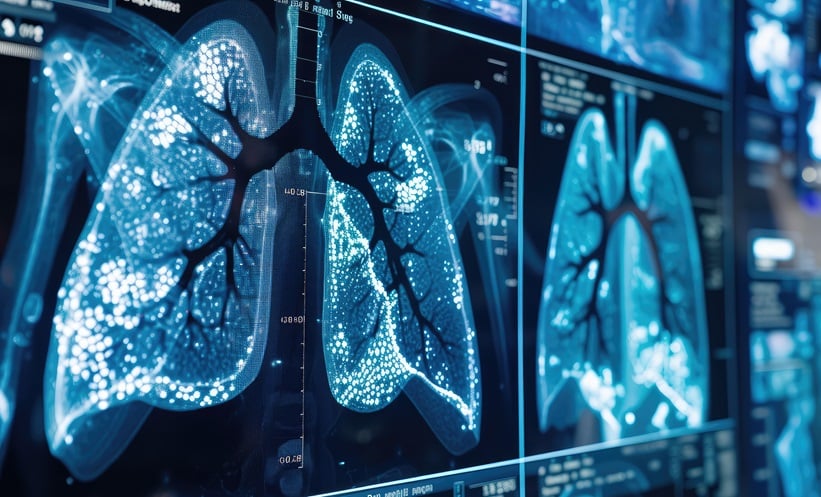NEW research unveiled at the Radiological Society of North America (RSNA) meeting on 3rd December 2024 has revealed that skeletal muscle loss, or sarcopenia, may be an early warning sign of cognitive decline in older adults. The findings highlight how MRI scans of the brain, specifically evaluating the temporalis muscle, could predict future dementia risks.
The team, based at Johns Hopkins Medicine in Baltimore, Maryland, USA, led the study, showcasing how measuring temporalis muscle size could offer a low-cost, non-invasive method to assess skeletal muscle status. “Measuring temporalis muscle size as a potential indicator for generalised skeletal muscle status offers an opportunity for muscle quantification without additional cost or burden in older adults who already undergo brain MRIs,” stated the team.
Skeletal muscle mass naturally declines with age and is often associated with conditions like Alzheimer’s disease. Previous studies have suggested that the thickness and size of the temporalis muscle, a jaw-related muscle located in the head, reflect systemic muscle loss.
The collaborative research between radiology and neurology experts at Johns Hopkins analysed data from 621 cognitively healthy individuals drawn from the Alzheimer’s Disease Neuroimaging Initiative. By manually segmenting temporalis muscles on MRI images and calculating their cross-sectional area, participants were grouped into categories based on muscle size. Over a median follow-up of 5.8 years, researchers monitored dementia incidence, cognitive and functional changes, and brain structure.
The findings were significant: participants with smaller temporalis muscles had a 60% higher likelihood of developing Alzheimer’s disease or dementia, even after adjusting for other risk factors (hazard ratio = 1.59). Smaller muscle size was also correlated with declining memory scores, functional abilities, and reduced brain volumes.
“These results demonstrate that older adults with smaller skeletal muscles are at greater risk of cognitive decline,” commented the team.
The study underscores the potential of brain MRI in tracking sarcopenia as a marker for dementia risk. By incorporating interventions such as resistance training, increased physical activity, and improved nutrition, it may be possible to slow or mitigate the effects of muscle loss and its cognitive consequences.
This research has opened avenues for integrating muscle health into routine brain imaging, providing early insights into dementia risks and enhancing preventative care strategies.
Victoria Antoniou, EMJ
Reference
Moradi K et al. Muscle loss could increase dementia risk. RSNA Annual Meeting, 1–5 December, 2024.








